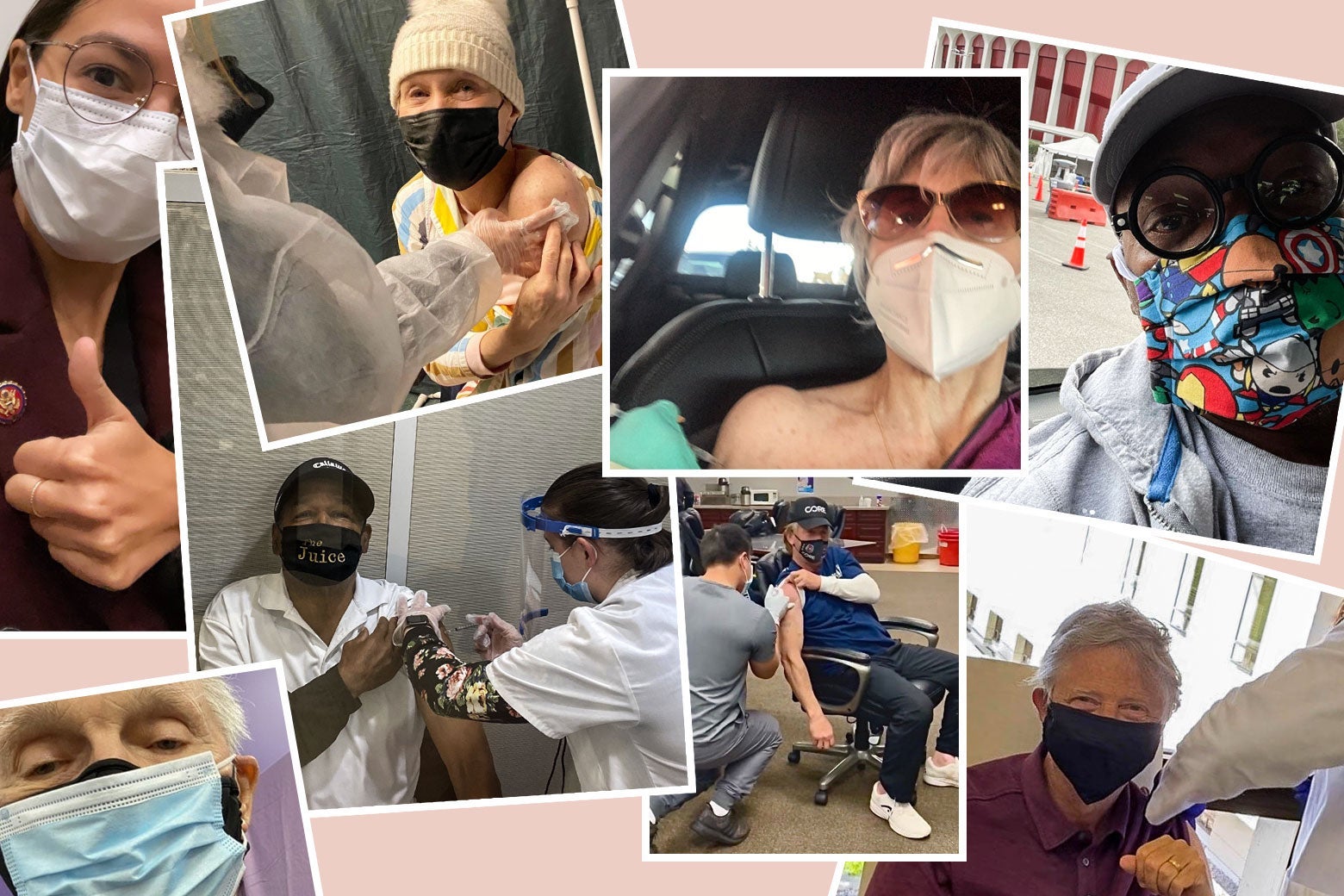
It will protect you as well as the people around you.īook your vaccination today. Regardless of the side effects, getting vaccinated is immensely beneficial for everyone in the long run. The investigators examined the NHS records of 32 million adults in England to assess any rare adverse events linked to Covid vaccines. One should not be reluctant in receiving the COVID-19 vaccine. Fearing the after-effects of the vaccine is just one of a few possible reasons. Many people are still reluctant to receive their vaccinations. This can be called good news that coronavirus vaccination does not affect vision for most people. Now, a new Boston University School of Public Health-led study. Nevertheless, the list of reactions stated by the NHS does not include any issues related to eyes or vision post Covid vaccination. Many said their cycles were arriving earlier and bringing heavier bleeding and greater pain after they had received a COVID vaccine. Definition Causes When to see a doctor Products and services When to see a doctor By Mayo Clinic Staff Seek emergency medical care Call 911 or your local emergency number for eye pain if: It is unusually severe or accompanied by a headache, fever or unusual sensitivity to light.
#Eyeballs hurt covid vaccine free#
You can check your eligibility through free NHS eye tests and optical vouchers page. They can best prescribe you with suitable optical aid including contact lenses like monthly contacts or daily disposable contact lenses. Your optician can tell you the root cause of the blurred vision. You might be eligible for a free eye test too.

Whether mild or sudden, an eye check-up is strongly recommended. On the contrary, mild blurry vision might be the result of fatigue or computer eye strain.

Sudden blurry vision should be treated as an emergency. However, if you are developing blurry vision, it is advisable to consult an ophthalmologist. In summation, it can be said that the common symptoms of COVID-19 vaccination so far do not triggers side effects like blurred vision or any other vision-related issues. Some people question the credibility of the vaccines developed and hence, are very sceptical about getting the COVID-19 vaccination. However, not everyone wants to opt for the vaccine. These substances also can harm your eyes, mouth and clothes. Thanks to the vaccination drive, about 67.9% of the people are fully vaccinated in the U.K. Getting a COVID-19 vaccine reduces the risk of infection with the COVID-19 virus and slows. Here’s a rundown of those issues: Seasonal flu vaccine. Once infected, you will experience flu or hay fever like symptoms however, you can always spot the difference between COVID-19 and hay fever. While the COVID-19 vaccines have, so far, not caused any worrying side effects related to vision, other vaccines have been linked to eye and vision side effects. The virus enters through your mouth, eyes, or nose. This deadly virus enters your body when you come in close contact with an infected person.

We all know that the end of 2019 marked the start of an era no one will forget, where coronavirus or ‘COVID-19’ was introduced to the whole world. Currently, there's no evidence that any of the available COVID-19 vaccines cause widespread vision-related side effects. Certain eye related symptoms like red eyes, pain in the eyeballs or watery eyes were found, but these symptoms are very unusual and cannot be stated as an effect of COVID-19 vaccination yet.


 0 kommentar(er)
0 kommentar(er)
